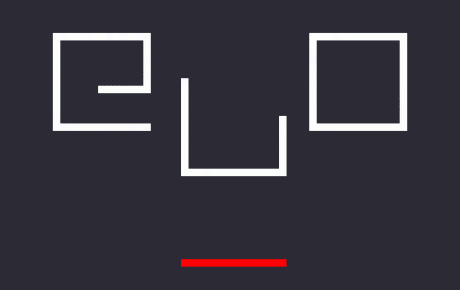Dwarf Fortress is a complex, text-based computer game that has been in development by Tarn and Zach Adams since 2002. The game begins by first procedurally generating an expansive, dynamic world in which players attempt to guide an exponentially increasing colony of temperamental dwarves to build and manage within an ever expanding fortress. The task is made difficult by both the unpredictable and emergent behaviors of the simulation as well as by the anachronistic and arduous interface: a screen full of ASCII characters recalling the personal computers of the early 1980s. Inspired by games like Rogue (1980) and Sim City (1989), the stark textual interface contrasts with the game's complexity as Dwarf Fortress can easily consume all available processing power of a contemporary computer. Stephanie Boluk and Patrick LeMieux have suggested that "[i]n rejecting the conventions of standard game design and traditional narrative storytelling, Dwarf Fortress produces textual inscriptions that not only mark one horizon of human experience but recall forms of historical writing that depart from human-centered and teleological modes of history." The way in which Dwarf Fortress generates a flattened narrative landscape in which no moment is prioritized over another is reminiscent of medieval literary forms of writing such as the annal, chronicle, and calendar. While the game's textual output may or may not aggregate into narrative coherence, a dedicated community of players have delighted in not only playing the game to observe its effects, but they have also translated these nonhuman narratives into legible (if absurd) stories as a means of inscribing a history of play that is notoriously difficult and governed by the game's tagline "Losing is Fun."
(Source: ELC 3)







